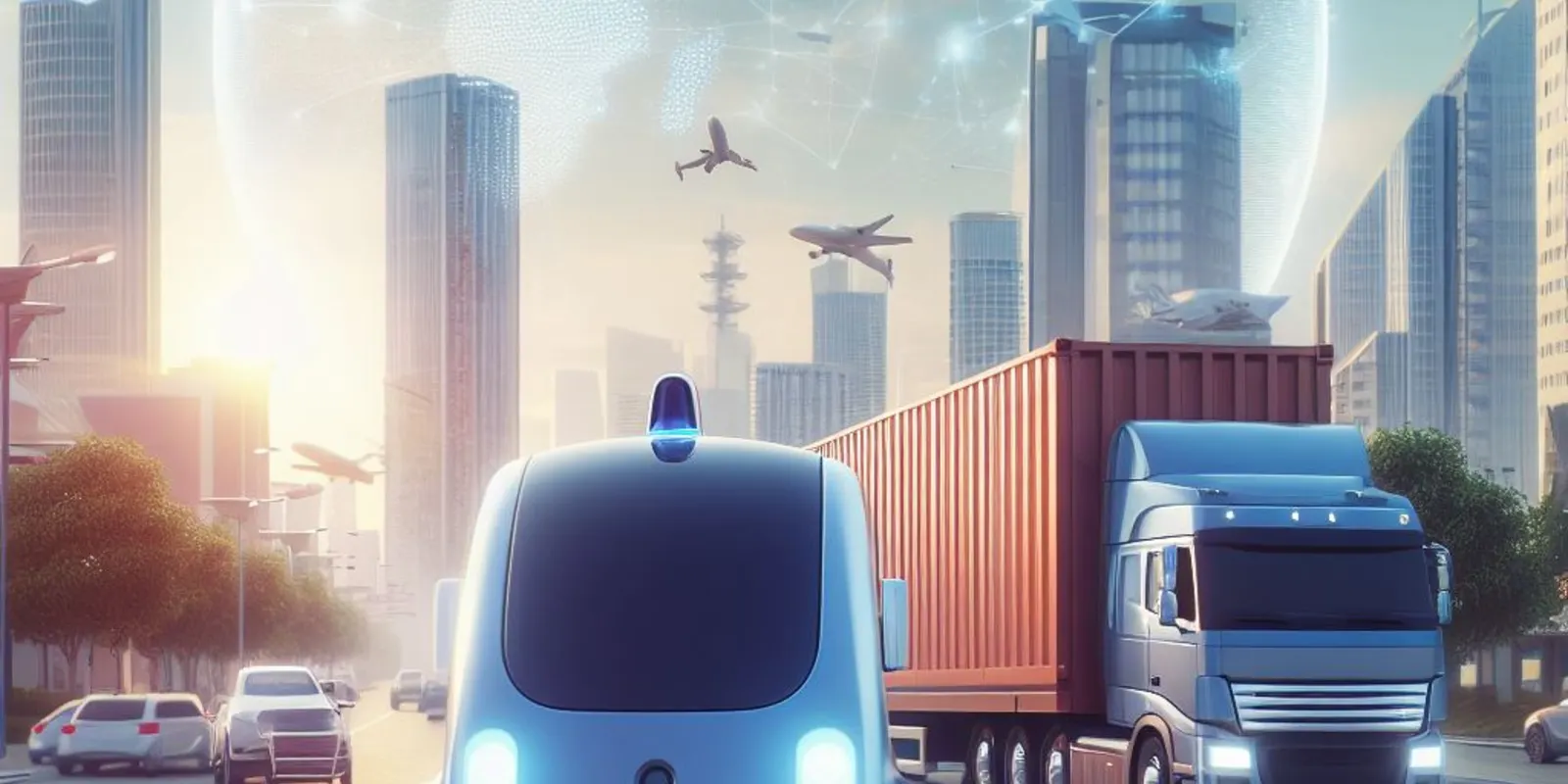
Self-driving Vehicles and the Future of Global Logistics

The advent of self-driving vehicles is poised to dramatically reshape the landscape of the global logistics industry. These autonomous machines, equipped with modern Artificial Intelligence technology, have the potential to revolutionize the way goods are transported around the world, leading to unprecedented levels of efficiency and reliability.
Self-driving vehicles, or autonomous vehicles, leverage advanced algorithms and sensors to navigate surroundings without human input. The implications of this technology for the logistics industry are vast and varied. From drastically reducing operating costs, to significantly enhancing delivery speeds, this technology has the potential to redefine the norms of transport logistics.
One of the most significant benefits offered by autonomous vehicles is their ability to operate continuously. Unlike human drivers who need to take breaks and rest, self-driving vehicles can work around the clock without fatigue. This aspect alone can have profound implications for transport efficiency and speed, reducing delivery times and promoting a more rapid movement of goods across international supply chains.
Self-driving vehicles are not just confined to roadways. Innovations are happening in the air and the sea as well. Autonomous drones, for instance, are increasingly being deployed for last-mile delivery operations, especially in dense urban environments where traffic is a major constraint. Similarly, self-navigating ships and barges can bring a new level of efficiency to ocean freight, which still forms a critical part of global trade.
Despite their immense potential, autonomous vehicles also carry certain challenges. The areas of safety and security are chief among them. Ensuring the reliable operation of these machines, while also safeguarding against potential cyber threats, is a complex problem that requires robust solutions.
Additionally, the adoption of autonomous vehicles also necessitates a significant shift in current regulatory and infrastructure systems. Governing frameworks and road infrastructures designed for human-controlled vehicles may not be applicable or even safe for entirely autonomous operations.
Beyond the technical and regulatory hurdles, the successful deployment of autonomous vehicles in the logistics sector also rests on the key factor of public acceptance. Even if fully autonomous vehicles become technologically feasible and legally permissible, their effective utilization will still hinge on the acceptance of the public.
Overall, the application of self-driving vehicles in the logistics industry is a dynamic field, marked by immense potential as well as significant challenges. Nevertheless, the trend of automation is undeniably transforming industries across the globe, and in the arena of global logistics, autonomous vehicles are a key driver of this monumental shift.







Your insights and experiences enrich our community. Dive into the discussion and share your thoughts with us below!